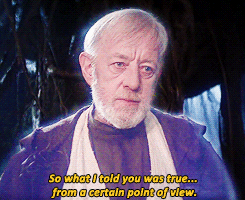George Price was a rather interesting fellow. A few months ago, I was reading a rather interesting piece about his life from HN. If you follow my blog posts (hello to the two of you), you’ll note that altruism and cooperative games is one of the things I like to blog about.
Following that article, I discovered the Price equation* Funny story. I was quite surprised I hadn't heard of the Price equation, so I hit the books. I found the equation being referenced very very very very briefly in Martin Nowak's Evolutionary Dynamics, and that was all . While grokking the equation, it had suddenly occurred to me that kin selection and group selection were indeed the same thing. It was a gut feeling, and I couldn’t prove otherwise.

I recently had a lot of time on hand, so I thought I’d sit down and try to make sense of my gut feel that kin selection and group selection were in fact the same thing. Bear in mind I’m neither a professional mathematician nor am I a professional biologist. I’m not even an academic and my interest in the Price equation came from an armchair economist/philosopher point of view. And so, while I grasp a lot of concepts, I may actually have understood them wrongly. In fact, just be forewarned that this entire post was a result of me stumbling around.
So, let’s recap what the Price equations look like (per Wikipedia):
Simply put, $latex \Delta z$ is the difference in phenotype between a parent population and the child population. And that difference is a function of two things:
- The covariance of fitness and phenotype — $latex \frac{1}{w} cov(w_i, z_i) $ where $latex w $ is the average fitness of the population, $latex w_i $ is the individual fitness of $latex i $, and $latex z_i $ is the phenotype shared in the group.
- The expected value of the fitness of the difference between the group’s phenotype and the parent group’s phenotype.